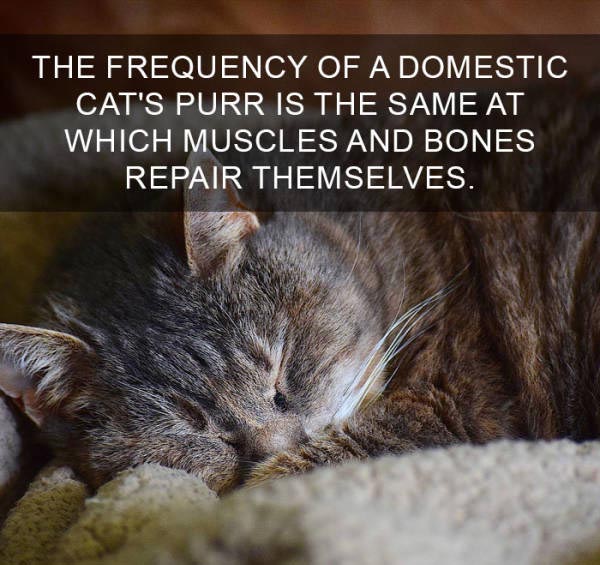Cat Practical Exam: A Comprehensive Guide to Preparing for Your Feline Veterinary Assessment
Guide or Summary:Understanding the Cat Practical ExamPreparing Your Cat for the Practical ExamWhat to Expect During the Cat Practical ExamPost-Exam Follow-U……
Guide or Summary:
- Understanding the Cat Practical Exam
- Preparing Your Cat for the Practical Exam
- What to Expect During the Cat Practical Exam
- Post-Exam Follow-Up
Cats, as beloved companions, require meticulous care and regular veterinary attention. The cat practical exam is a pivotal component of this process, ensuring that feline health is maintained at the highest standards. This comprehensive guide delves into the intricacies of preparing for your cat's veterinary assessment, offering valuable insights and actionable advice to ensure a successful outcome.
Understanding the Cat Practical Exam
The cat practical exam is a hands-on assessment conducted by a veterinarian to evaluate a cat's overall health. This examination typically includes a thorough physical examination, including a detailed inspection of the cat's eyes, ears, teeth, skin, coat, and body condition. Additionally, the veterinarian may perform specific tests to assess the cat's heart, lungs, kidneys, and liver function.
Preparing Your Cat for the Practical Exam
Preparation is key to a successful cat practical exam. Here are some essential tips to ensure your cat is well-prepared:
1. **Routine Veterinary Visits**: Regular visits to the veterinarian help build a strong relationship and familiarize your cat with the veterinary environment. This familiarity can reduce anxiety and make the practical exam more manageable.
2. **Healthy Diet**: Maintain a balanced and nutritious diet for your cat leading up to the exam. A healthy cat is more likely to present well during the examination.

3. **Comfortable Handling**: Practice gentle handling and grooming of your cat to ensure they are comfortable being touched and examined. Positive reinforcement can help build trust and reduce stress.
4. **Pre-exam Check-up**: Schedule a check-up with your veterinarian a few days before the practical exam. This allows the vet to address any minor health concerns and ensure your cat is in optimal condition.
5. **Minimize Stress**: Avoid introducing any major changes to your cat's routine in the days leading up to the exam. A stable environment helps minimize stress and anxiety.
What to Expect During the Cat Practical Exam
During the practical exam, the veterinarian will conduct a detailed evaluation of your cat's health. This may include:
- **Physical Examination**: A thorough inspection of the cat's body, including skin, coat, and any abnormalities.

- **Ear and Eye Examination**: Assessment of the cat's ears and eyes for any signs of infection, inflammation, or other issues.
- **Teeth and Gum Health**: Evaluation of dental health, including teeth alignment, gum condition, and any signs of oral disease.
- **Respiratory Assessment**: Checking for abnormal breathing patterns, coughing, or other respiratory issues.
- **Heart and Lung Function**: Listening to the heart and lungs for any abnormal sounds or signs of disease.
- **Abdominal Examination**: Palpation of the cat's abdomen to assess organs and identify any abnormalities.

Post-Exam Follow-Up
After the practical exam, it's important to follow up with your veterinarian to discuss the results. The vet will provide feedback on your cat's health and any necessary treatment plans. Regular follow-up appointments are crucial to maintaining your cat's health and ensuring the practical exam's findings are effectively managed.
In conclusion, the cat practical exam is a critical component of feline veterinary care. By preparing your cat thoroughly and understanding what to expect during the examination, you can ensure a successful outcome and contribute to your cat's overall well-being. Remember, regular veterinary visits and attentive care are the cornerstones of a healthy and happy feline companion.